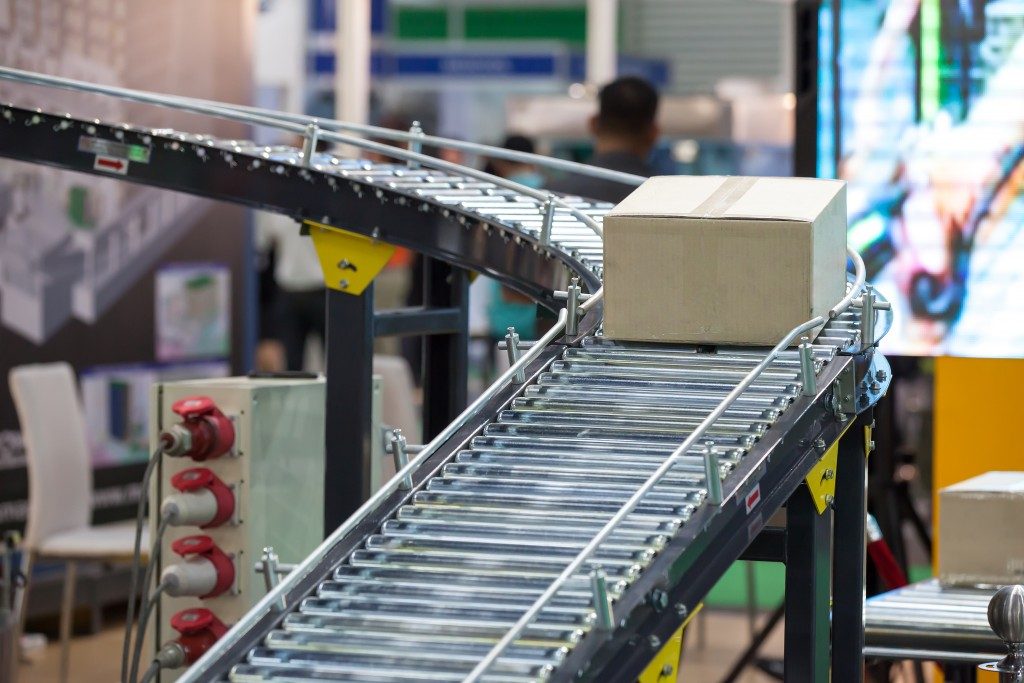Conveyors are usually required in large-scale businesses. These are also quite expensive so you may want to do a little research before you ultimately decide on buying one. With all the types of conveyors out there, it can be confusing and you might accidentally pick out the wrong type for your business. Here are the vital considerations you need to think of before purchasing a conveyor:
Your Product’s Specifications
This is the most important factor you need to keep in mind. As the conveyor will be carrying your products, it’s only crucial that you take its dimensions, weight, and type into consideration. These specifications will determine what type of conveyor you need. This applies to all the equipment in your business, including the truck loading conveyor.
The Right Guard Rails
The perfect choice of guard rails can be a great help to your operations, but picking out the wrong one can throw your business to shambles. For example, a wrong type of guard rail can leave unnecessary spaces where your product may take its shape e.g. liquid cheese. The choice of guard rails in a truck loading conveyor is highly optional.
The Working Environment
This factor is one of the most vital yet overlooked concerns that need to be considered. The conveyor that you’ll buy should be able to put up with the environmental conditions of your factory or warehouse. For example, if you manufacture bottled liquids that leak while in production, these may get the conveyor wet. The bottles may slip on this if the conveyor reaches an incline. You may also apply this once you start choosing a truck loading conveyor.
The Motor Speed
The motor speed is highly influenced by the type of application that you will use the conveyor for. There isn’t a lot of difference between most conveyors that you’ll find in the market. However, that small difference can make all the difference once your conveyor starts carrying your products. To choose the best conveyor for your business, consider the load that the conveyor will be carrying and how speed you would like the conveyor to go.
The Conveyor Type

There are a lot of conveyors out there, and each of them is specially designed to perform specific tasks. For example, a Z-frame conveyor is able to navigate through obstacles in the workplace by running up and down. A pacing conveyor is used when items need to be either spread apart or gathered together. Vacuum conveyors are able to carry lightweight products and keep them in place. Backlit conveyors are used for visual inspections. There is also a conveyor specifically made to work around other machines and employees, which is called the pivot conveyor. Aside from that, there are also metal-free conveyors. These are made to scan metal devices.
The larger the business, the harder it is to run. That’s why making all the small decisions matter to most business owners. The mere choice of the right conveyors can have an impact on their business and its future.

